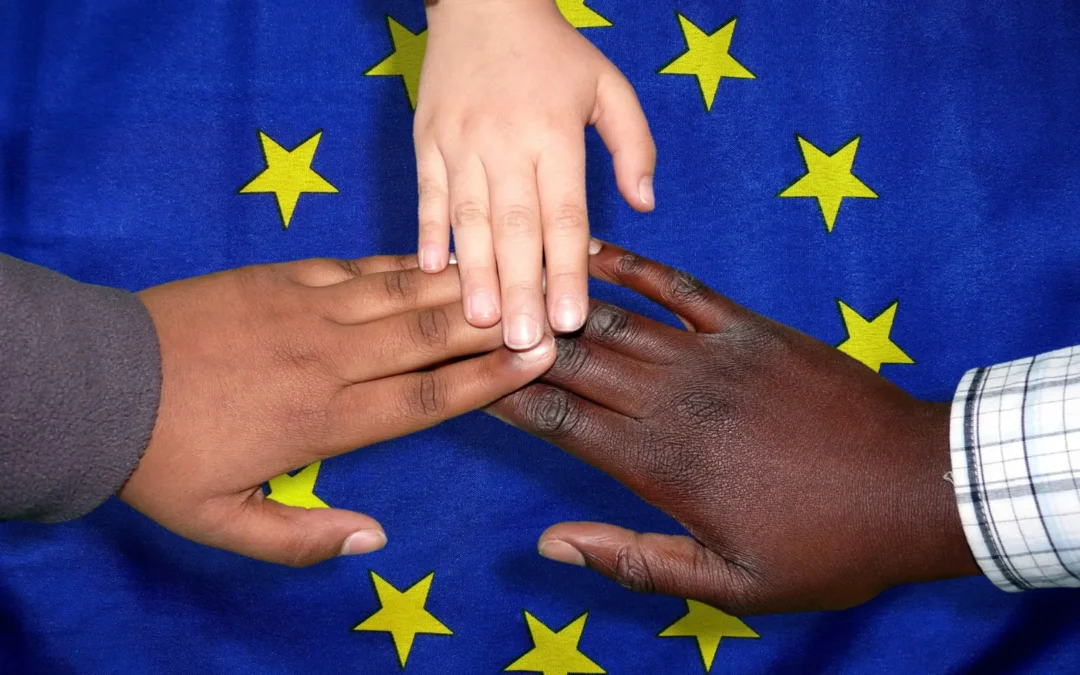Networking activities
Eppo & Immigration Committee
(ING) This committee aims to provide information regarding the management of European funds related to immigration. It also examines the role of EPPO in ensuring effective protection of these funds and consequently preventing any action that could harm the financial interests of the European
(ITA) Questo comitato si propone di fornire informazioni sulla gestione dei fondi europei legati all’immigrazione. Esamina inoltre il ruolo dell’EPPO nel garantire un’efficace protezione di questi fondi e, di conseguenza, nel prevenire qualsiasi azione che possa danneggiare gli interessi finanziari dell’Unione europea.
Chair
Francesco Testa
Magistrato e Procuratore Europeo Delegato presso la sede di Eppo di Roma
Luca Ferro
Responsabile ex art. 27 dell’ufficio della Procura di Milano
Members:
Tommaso Piazza
Federico Cappuccio
Mariagiusi Calabrò
Activities

Eppo e i fondi FAMI: un focus sul progetto “Children Come First- Intervento in Frontiera”.
Author: La Giglia Chiara, Rasca Arianna, Awad Habiba, Mosciatti Elisa Fiamma, Mikhail Marina, Rivolta Francesco, Sofia Calzolari, Chiara Casano, Beatrice Pellegrino, Tommaso Piazza. Committee: Eppo & Immigration Committee, High School Committee. Date: 25/07/2024...

European’s Immigration Funds: Projects And Misues
Author: Eleonora Grassi Committee: EPPO & Immigration Committee Date: 30/05/2024 Among the funds provided by the European Union there is the FAMI. FAMI means Fondo Asilo Migrazione ed Integrazione, it is a financial instrument part of the multiannual financial...

I FONDI EUROPEI E IL RUOLO DI EPPO: SOTTRAZIONI ILLECITE AI DANNI DEI FONDI DESTINATI ALL’IMMIGRAZIONE
Authors: Francesco Testa, Luca Ferro, Tommaso Piazza, Federico Cappuccio, Mariagiusi Calabrò Chairs: Francesco Testa, Luca Ferro Committee: EPPO & Immigration committee Date: 4/04/2024 Introduzione al fenomeno migratorio e l’azione europea Il fenomeno migratorio e...

Funded by the European Union. Views and opinions expressed are however those of the author(s) only and do not necessarily reflect those of the European Union or the European Education and Culture Executive Agency (EACEA). Neither the European Union nor EACEA can be held responsible for them.
